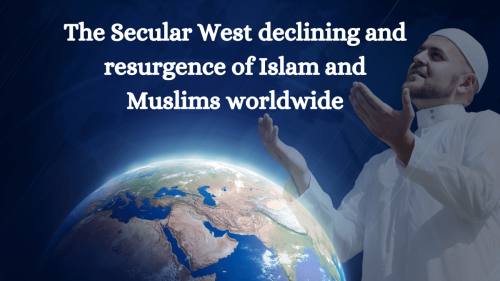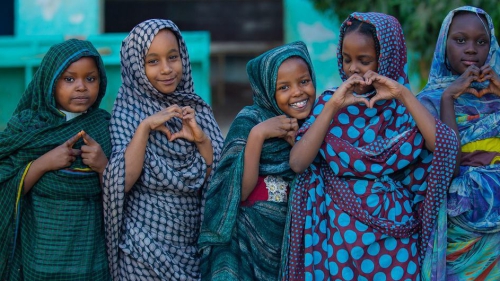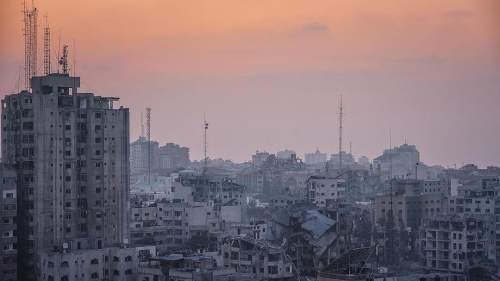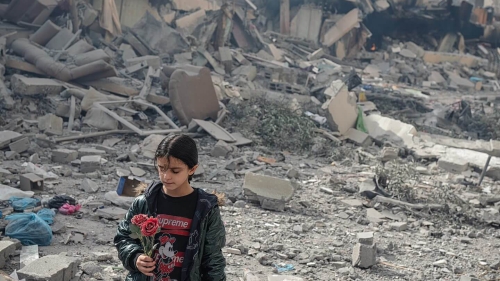Millennium Goals Revisited: Noble Ideas, and Feel-Good Moments
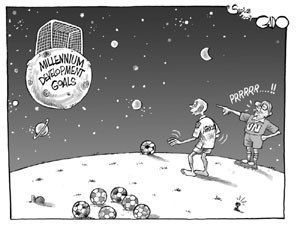 |
When the United Nations Millennium Development Goals (MDGs) were first declared, they were met with a sense of promise. A decade later, despite all the official insistence that all is on track, it is increasingly clear that this approach to development was flawed from the onset.
For ten years, numerous committees, international and local organizations and independent researchers have tirelessly mulled over all sorts of indicators, numbers, charts and statistical data relating to extreme poverty and hunger, universal primary education, gender equality, child mortality, and so on.
The conclusions derived from all the data weren't necessarily grim. And the sincerity of the many men and women who have indefatigably worked to ensure that the eight international development goals - agreed to by all 192 UN member states and over 20 international organizations - were fully implemented, cannot in any way be discounted. They were the ones who brought the issue to the fore, and they continue to push forward with resolve and determination.
The problem lies with the concept itself, and with the naive trust that governments and politicians - whether rich or poor, democratic or authoritarian, leading global wars or trying to steer clear from the abyss of famine - could possibly share one common, selfless and unconditional love for humanity, including the poor, the disadvantaged, hungry and the ill. The utopian scenario might be attainable one day, but it certainly won't be happening anytime soon.
So why commit to such goals, with specific deadlines and regular reports, if a genuine global consensus is not achievable?
Since its inception, the United Nations has been a source of two conflicting agendas. One is undemocratic, and championed by those who wield the veto power at the Security Council. The other is egalitarian, and it's embodied in the General Assembly. The latter reflects the global mood and international opinion much more accurately than the former, which is largely dictatorial and caters only to power.
As a result, two conflicting sets of ideas and behaviors have emerged in the last six decades. One imposes sanctions, leads wars and destroys nations, and the other offers a helping hand, builds a school, shelters a refugee. The latter offers assistance, albeit on a relatively small scale. The former spreads devastation and destruction on a grand scale.
The Millennium goals evolved from this very dilemma, which continues to afflict the United Nations and undermine its noble principles. For now, MDGs would have to settle for being a true reflection of peoples' aspirations, but with little expectation of achievable results.
That does not mean that there is no good news. On the contrary, there will always be reasons to compel us to push further towards desired change. Since September 8, 2000 - the day in which the General Assembly adopted the Millennium Declaration - many encouraging results have been reported. Although the progress, as reported during the 2005 World Summit of leaders, was still falling short from the target dates, much has been achieved.
On June 23, Charles Abugre, the Director for Africa of the United Nations MDG campaign presented the 2010 Millennium Development Goals Report in Berlin. The same report was simultaneously presented in New York and Paris. According to its findings, the 2008 food and 2009 financial crises didn't stop progress, but they certainly made the goal of reducing global poverty by half "more difficult to achieve."
Indeed, significantly less people are reportedly living on less income, though, according to Aburge, bringing "poverty down to 15 percent of the global population" is less likely. Aburge has also said that progress has been made throughout the world, with the distressing exception of Central Asia, which is "riven by war and armed conflicts."
In areas such as child mortality rate and combating epidemics, there has been little or no progress. More, "environmental degradation continues at an alarming pace," according to Abugre. "CO2 emissions have even increased by almost 50 percent over the past 17 years, and in spite of a minor slowdown in emissions due to the crisis, are set to increase further." It's important to mention here that some countries are much closer to succeeding with the MDGs than others. China, for instance, has slashed the number of its poor by a huge margin, while others have fallen deeper into poverty.
While the numbers offer a strong enough reason to maintain a global push for reducing poverty, there is little evidence to suggest that the improvement is in any way related to the global pledge of 2000. It may well be a reflection of the state of affairs of individual countries. For example, China's economic progress is hardly related to the September 2000 meet, and Afghanistan never really opted for the US-NATO invasion of 2001, which eliminated any realistic chance for the country to ever meet such seemingly lofty standards.
In its constant search for consensus, the General Assembly's goals hardly view development from a critical perspective. They do not take into account the way in which structural adjustment policies, designed by international bodies such as the International Monetary Fund (IMF) and the World Bank forced poor countries into debt and extreme poverty in the first place. They also ignore the way in which rich and powerful countries, in their quest for military, economic and political dominance ensure the subordination of poor, politically fragile, and militarily weak countries.
Of course, delving into the real issues would undermine the futile search for consensus, threatening the 'amiable' image of the General Assembly. These are left instead to the Security Council or those members of the UNSC, whose 'opinion' is the only one that truly counts, and who regularly go on to prescribe decisive and cruel policies.
All of this is not to say that the millennium goals should be relegated. Every noble effort should be supported and lauded. But unwarranted optimism can border on folly if one intentionally ignores the dynamic of lasting change, whether at a micro or macro levels. The discussion of MDGs should not come at the expense of realism and truth, and it should certainly not just serve as yet another feel-good moment for the rich, while further humiliating for the poor.
*****
Ramzy Baroud (www.ramzybaroud.net) is an internationally-syndicated columnist and the editor of PalestineChronicle.com. His latest book is "My Father Was a Freedom Fighter: Gaza's Untold Story" (Pluto Press, London), now available on Amazon.com.
Related Suggestions
I doubt very much if justice will ever prevail? In truth that concept is out dated.
If really we want achieve that goal with sincerity more members from all over the World Asia Africa and South America should be coopted into the Permanent Veto Position to enable the Millenium goal achieve its objective.
Unfortunately we want continue to maintain the status like the former Aparthied Regime in South Africa if not because of Nelson Mandela's steadfastness South Africa would not have changed.
So we need to get sincere leaders in the World who would come out boldly to and exert pressure on the UN until it brings about positive change in he composition of the new Security Council as the present one is outdated.
We need to copt Countries like Brazil, Nigeria or South Africa India Japan and May be Germany and Canada and probably Saudi Arabia or Pakistan representing the Muslims and of course Australia. Otherwise we continue with the same system inherited more than 60 years back. There is no hope of changing the staus quo probabbly until the 22nd Century when none of us will be around as we may be all in our graves either enjoying or suffering. May Allah help us.









